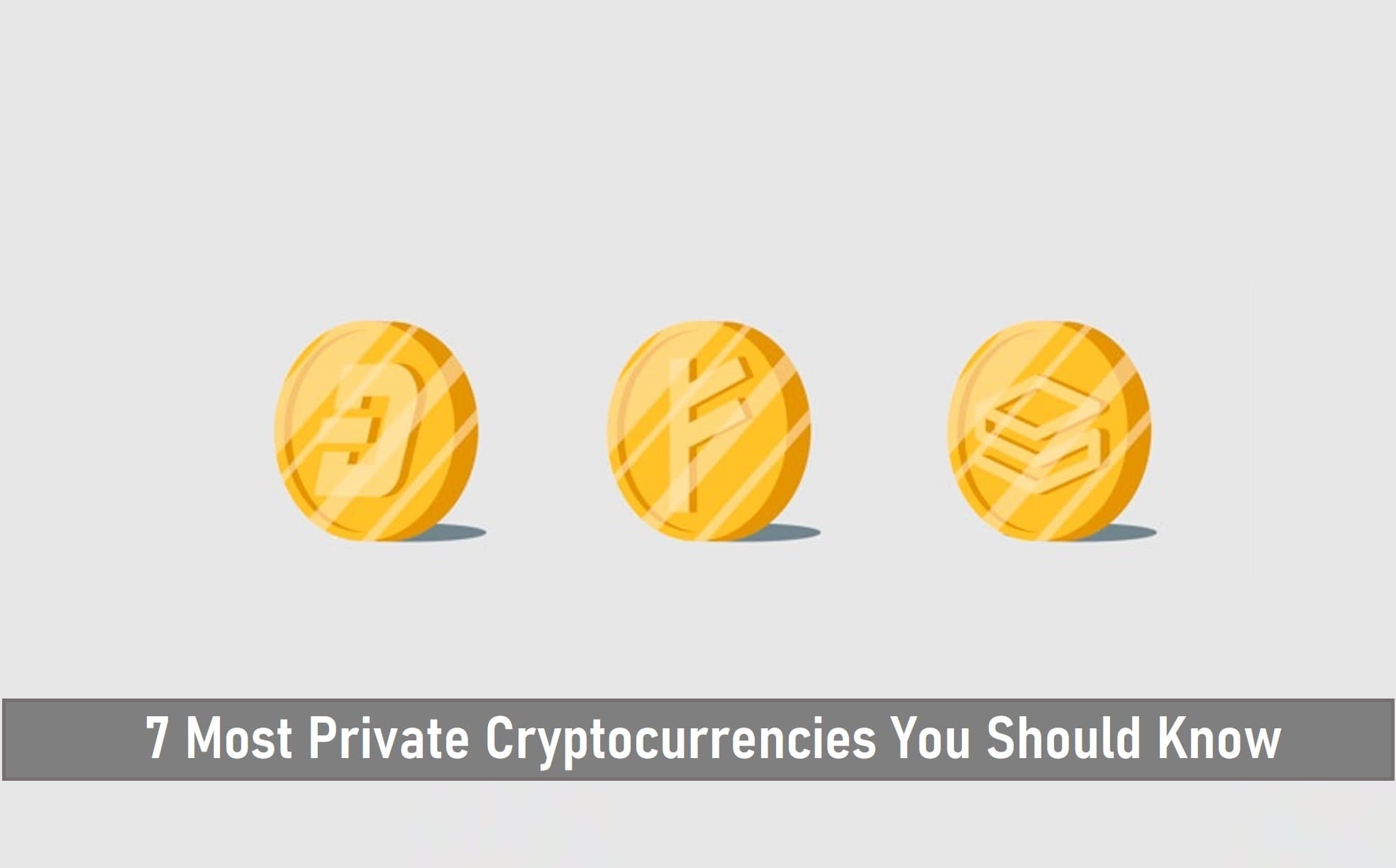
How Private Cryptocurrencies Work
Cryptocurrencies are meant to be anonymous and private owing to their decentralized status, however, some cryptocurrencies are more private than others.
For example, Bitcoin, Ethereum, Tether are public cryptocurrencies built on the public blockchain or ledger which enables transactions from these public coins to be easily linked and traced.
Private cryptocurrencies such as Monero, Zcash, Dash, ByteCoin, Grin, and a host of others are very private, however, they are built on the same public blockchain as Bitcoin but the degree of privacy varies.
Nasdaq in an interview said that all transactions on an open blockchain can be traced but the degree of traceability varies from one coin transaction to the other.
These private cryptocurrencies are coins hackers and fraudsters prefer because they lack depth and are sometimes low in market cap meaning that premium investors have little or no stake in them and would rarely draw serious regulatory, investor, or government attention.
The Indian government is working on a bill to regulate cryptocurrencies which they also stated the intention to ban these private cryptocurrencies because they store no address, transaction information, or other details.
What are Private Cryptocurrencies?
Private cryptocurrencies are coins that the accessibility of data from its blockchain is limited even if they are hosted on public blockchains.
The nature of the transactions of private cryptos is obscure and unclear because a certain degree of privacy is offered to users by not saving their transaction history and also, dispersing details of transaction information through multiple networks.
Key Takeaways
• Private cryptocurrencies are obscure lacking vital information to link or trace thereby exposing them as virtual currencies for fraud.
• Private cryptocurrencies like Delta, Ucoin, Firo, Grin…do share the same blockchain as public cryptocurrencies such as Bitcoin, Ethereum, and Tether.
• Public cryptos like Bitcoin, some features allow obscurity of one’s identity or transaction history, such as Coinjoin.
• Although sophisticated encryption and privacy features are employed to protect user privacy and anonymity, any cryptocurrency cannot guarantee full anonymity because blockchain transactions are recorded and assessed on the public ledger.
In this article, I will highlight a few other private cryptocurrencies and what to expect from them.
SEE ALSO: 12 Most Profitable Cryptocurrencies To Mine Right Now
SEE ALSO: Best 10 ERC20 Tokens On the Market
1. ByteCoin (BCN)
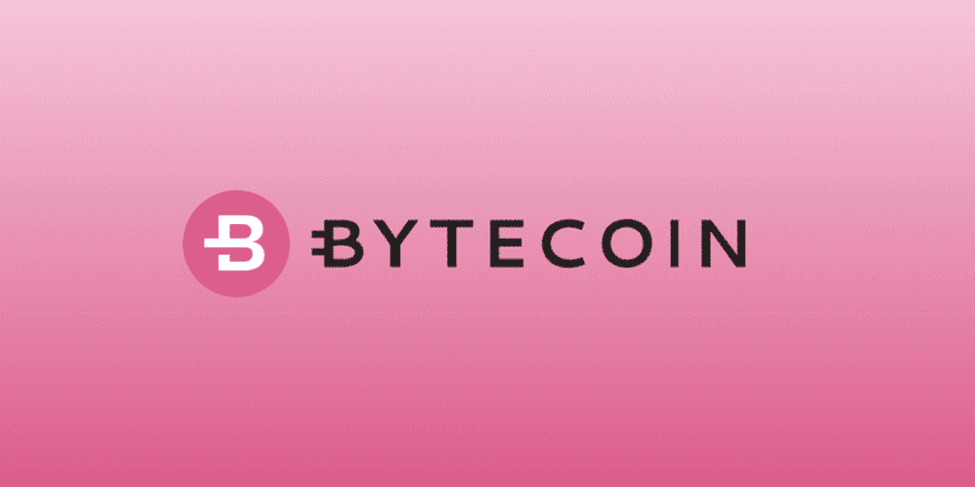
ByteCoin is said to be the “first private untraceable cryptocurrency.” CryptoNote Technology powers ByteCoin. It claims to be the “first private untraceable cryptocurrency,” which makes all its payments untraceable and unseen to viewers.
ByteCoin’s transactions are unlinkable, and it is a blockchain that is scalable. It features the Ring signatures to blend different outputs into one transaction as well as obscuring all addresses.
This private crypto also allows individuals to generate addresses (one-time) from a single set of keys thereby, making all transactions and addresses unlinkable. With this enhanced security, it may be tough to trace transactions on its blockchain.
Check BtyeCoin on Coinbase.
2. Zcash (ZEC)
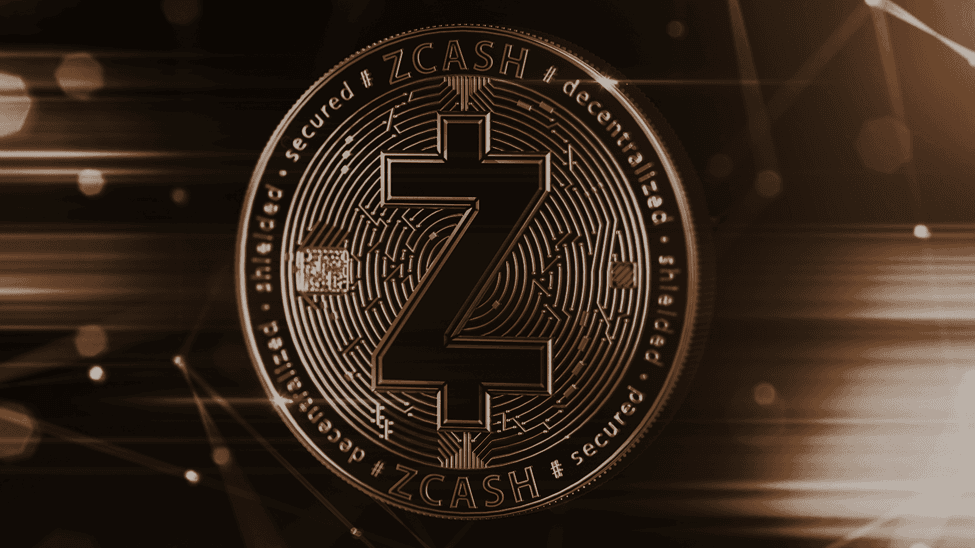
Zcash (ZEC) prides itself as a platform with an encrypted protocol. It confidently states that “if Bitcoin is like HTTP for money, Zcash is HTTPS.”
This tells how secure this platform is and how encrypted the services are with awesome privacy features.
Embedded and Implemented in Zcash is a cryptographic tool called zero-knowledge proof; this platform also helps shield user transactions.
With these two, users can perform transactions without their addresses being revealed to the public.
Check Zcash (ZEC) on Coinbase.
SEE ALSO: Top 10 Cryptocurrencies With The Fastest Blockchains In The World
3. Verge

Verge (XVG) does not rely on cryptographic techniques and technologies. Still, it relies on the tested and trusted technology of The Onion Router (TOR) and the invisible internet’s projects (I2p) to protect users’ identities.
With the TOR feature in play, the user’s identity is hidden, and individual communication and transactions are distributed over a network of relays and tunnels run by volunteers worldwide.
Before sending any user’s data, the I2P, on the other hand, encrypts it through an anonymous, peer-to-peer distributed network that is globally run. It hides the IP addresses of those performing transactions.
Check Verge (XVG) on Coinbase.
4. Monero (XMR)
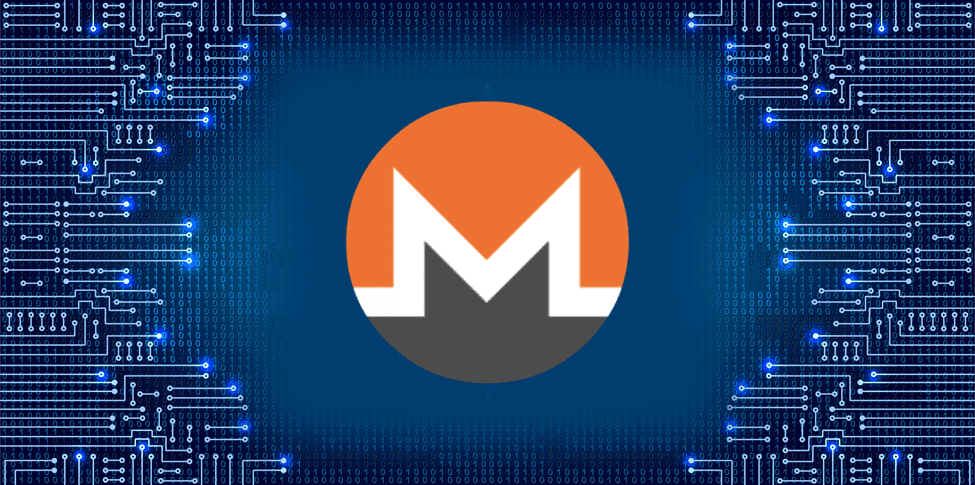
The demand and use of Monero (XMR) have increased since Monero can anonymize users and their transactions.
Transactions on Monero have proven to be difficult to trace because they make use of ring signatures and stealth addresses. For this reason, the identities of both the sender and the receiver are sealed.
The Ring Confidential Transactions (RingCT) also help to keep transaction amounts secret, thereby providing more privacy.
Check Monero on Coinbase.
SEE ALSO: 7 Cryptocurrencies that Will Make You a Millionaire in 2022
SEE ALSO: Top 10 Cryptocurrencies Revving Up the Market in 2021
5. Beam (BEAM)
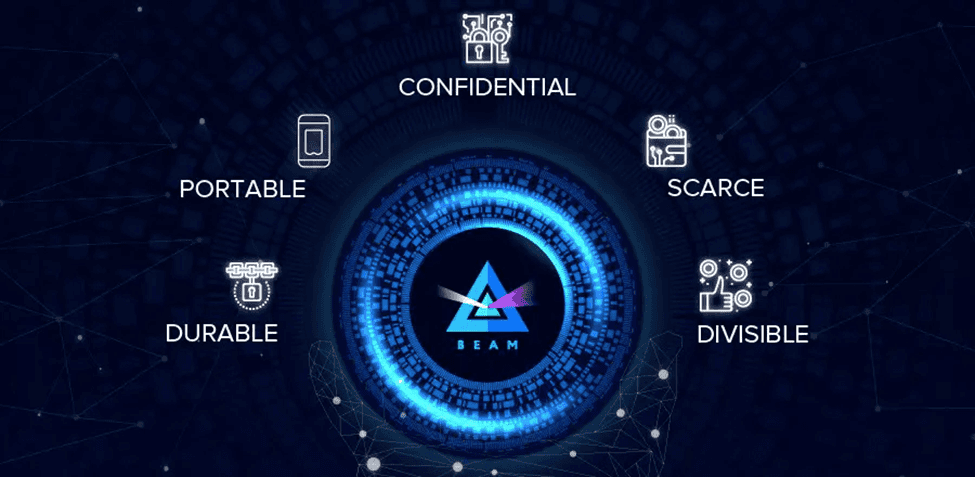
BEAM uses MimbleWimble and LelantusMW protocols that are known to be active operators in the world of confidential decentralized finance.
The primary focus of BEAM is security and anonymity. For this reason, transactions are made private by default, and no addresses are stored in the blockchain.
Although BEAM is similar to Bitcoin regarding the Unspent Transaction Output model, its values are encrypted by “blinding factors,” making it extra secure.
Check BEAM on Coinbase.
6. DASH
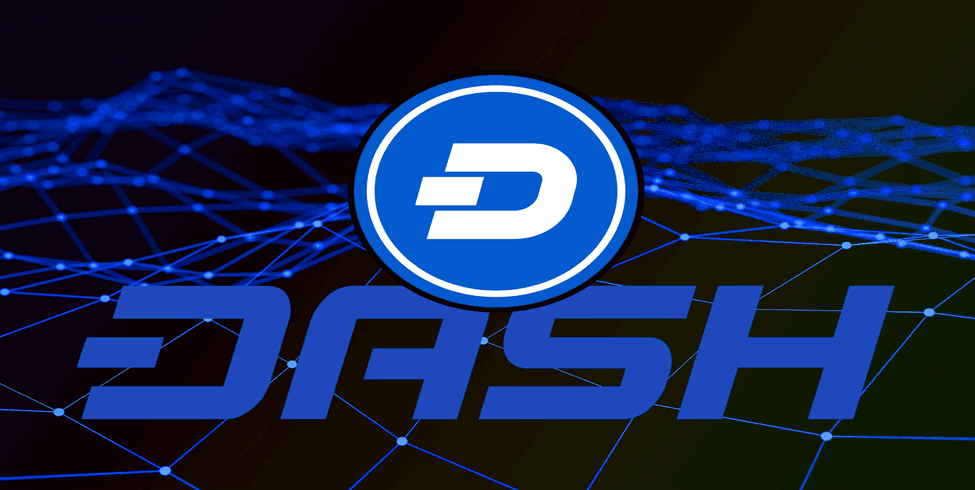
With its origin traceable to 2014, DASH is a cryptocurrency that gives individual users room to decide whether or not their transactions are anonymous. This platform makes use of its private send feature.
With DASH, the choice is all yours. You could decide to operate within the regulatory standard or otherwise.
DASH keeps the origin of your funds anonymous and obscured. You could choose to use the Privatesend feature as long as you are willing to pay a slightly higher fee for the transaction.
These are made possible through a mixing protocol that uses an integrated decentralized network of servers called master nodes.
Check DASH on Coinbase.
7. Horizen

Horizen (ZEN) is similar to Bitcoin, but it offers shielded Z-Addresses (private) and T-Addresses (public).
When you send funds from a Z-Address to a T-Address, you will be shown the amount received.
Horizon (ZEN) also prides itself as a vast node network responsible for improved anonymity.
Check Horizen (ZEN) on Coinbase.
As much as everyone desires privacy in their transactions on the blockchain, it does not come without its perils-criminal elements.
It is usually a fist between the cryptocurrency operators and malicious participants otherwise known as fraudsters.
Cryptocurrency operators have to fight to fend off numerous attacks on the network.
That is why most times individuals with very large transactions are prone to questioning from law enforcement agencies.
Read More




